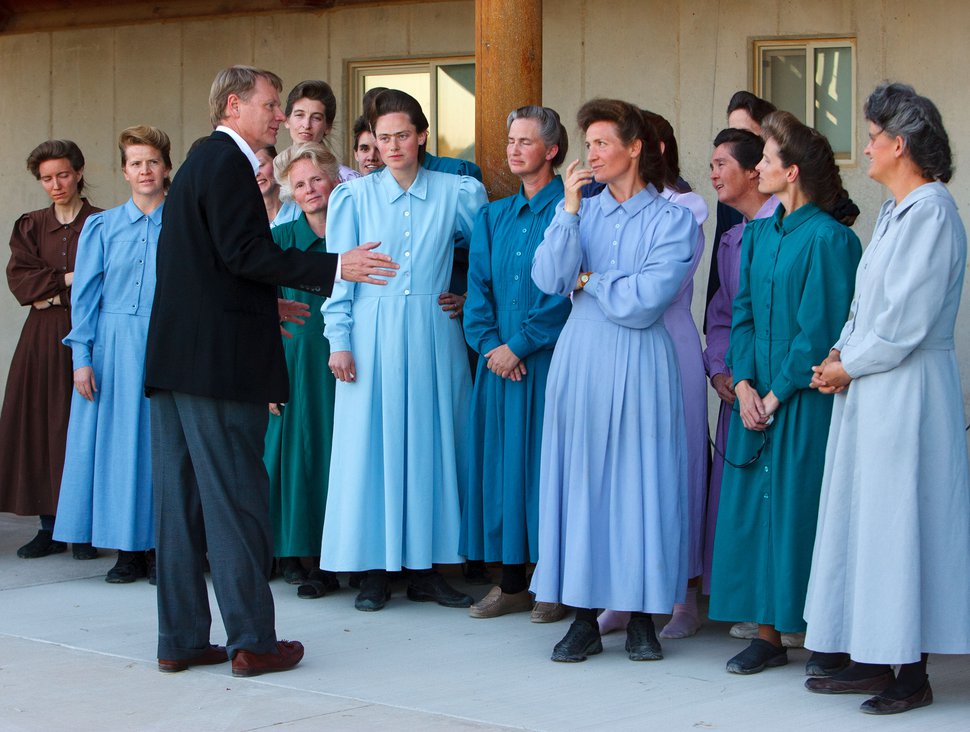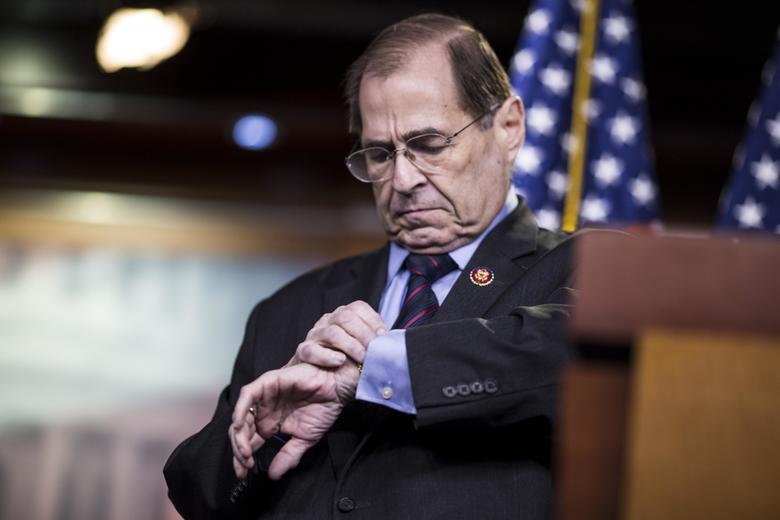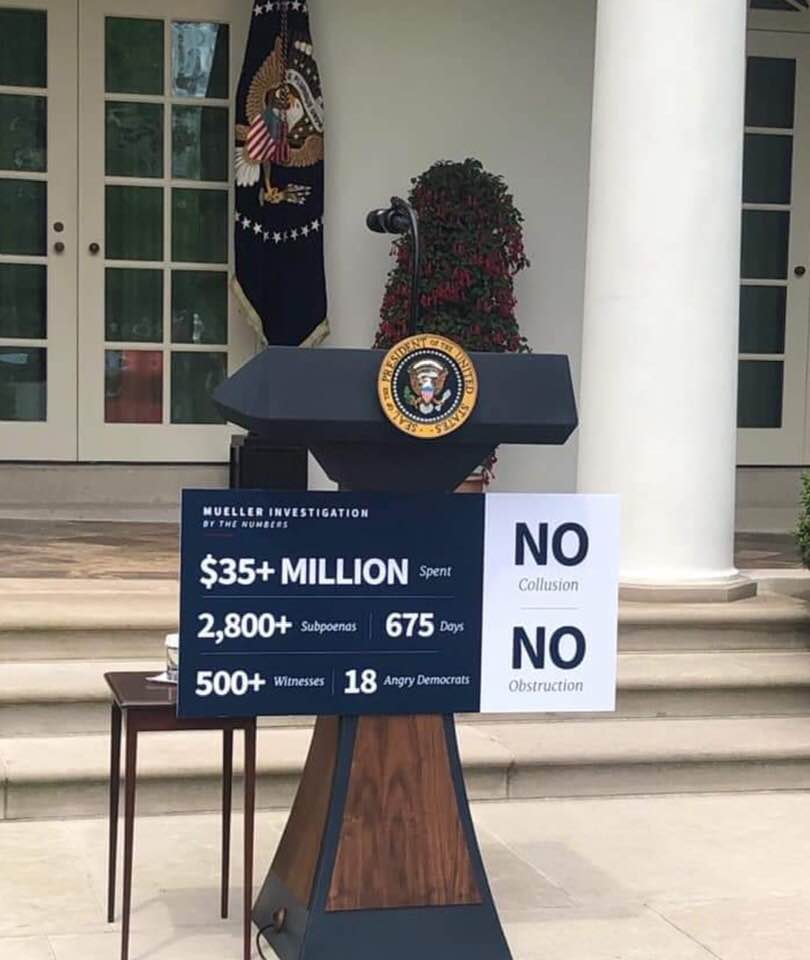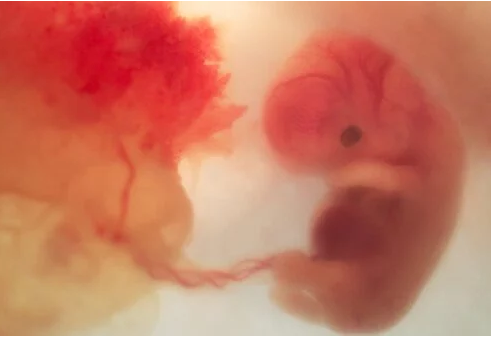The current epidemic of medieval abortion laws being passed by state legislatures has inspired a lot of people to explain why such laws are cruel. See, for example, Rape victim who had illegal abortion at age 13 calls Alabama’s law ‘an abomination’ at USA Today. I support anyone who speaks out about such painful experience. But as gut wrenching as these stories are, they won’t change the minds of people who support abortion bans.
Yes, the bans are cruel. The cruelty is the point.
Let’s step back and look at where this anti-abortion fanaticism is coming from.
Abortion wasn’t always the subject of such fanaticism. Until the latter part of the 19th century it was a common thing that may not have been discussed in polite company, but it was openly practiced and few seemed to care. Under English common law adopted in the states, abortion was not illegal until “quickening,” or the point in pregnancy at which fetal movement could be felt, which is at about 15 weeks’ gestation, give or take. And abortion was mostly considered women’s business, unimportant to men.
But in the 19th century male physicians began to take over childbirth, which previously had been tended by midwives, and thus pregnancy met the patriarchy.
The [American Medical] association’s efforts were led by Horatio Storer, an obstetrician often called the father of American gynecology. Storer didn’t want the medical profession to be associated with abortion, and considered women’s desire to terminate their pregnancies to be tantamount to insanity. He felt that a woman’s biological role was to be a wife and mother, and that to disrupt that path was not just to commit a social crime, but murder.
“We are the physical guardians of women,” read the group’s 1859 report on what it called “criminal abortion.” “The case is here of life or death—and it depends, almost wholly, upon ourselves.”
The group made a concerted effort to delegitimize the work of the women who previously held the majority of knowledge about childbirth and pregnancy, and to prevent women from becoming obstetricians.
Storer was also keenly interested in making sure “civilization” was spread in the West by white Americans.
“Shall” these regions, he asked, “be filled by our own children or by those of aliens? This is a question our women must answer; upon their loins depends the future destiny of the nation.” Hostility to immigrants, Catholics, and people of color fueled this campaign to criminalize abortion. White male patriotism demanded that maternity be enforced among white Protestant women. … Regular medical men had entered the debate about sexual politics by attacking the female practice of abortion as immoral, unwomanly, and unpatriotic.
You get the picture. By the 1870s a handful of states had banned all abortions, and by 1910 or so abortion was illegal in all states. Of course, that didn’t mean abortions weren’t being performed.
Making abortion illegal never meant abortion didn’t happen. For the entire century of criminalized abortion, women of every class, marital status, religion and race still obtained them. Before Roe, hospitals had entire wards for patients experiencing sepsis after shoddy or self-induced abortions. Chicago’s Cook County Hospital had 5,000 patients annually in the abortion ward — women who were bleeding, infected and sometimes dying.
The push to decriminalize abortion began in the 1950s. By the 1960s, the legislatures of several states were under pressure to change the law. In anti-abortion folklore it’s said that no one was arguing about abortion before Roe v. Wade was decided, but that’s nonsense; it was heating up as a source of contention even as we were all at each other’s throats over Vietnam. In 1967 California passed a law that allowed “therapeutic” abortions when a pregnancy endangered a woman’s life. In 1970 first Hawaii, and then New York, decriminalized elective abortion. And then, of course, Roe v. Wade was decided in 1973.
When Roe v. Wade was decided the Catholic Church already was opposed to abortion, although it hadn’t always been. But in 1973 abortion wasn’t a big issue among conservative Protestants and Evangelicals
In fact, it wasn’t until 1979—a full six years after Roe—that evangelical leaders, at the behest of conservative activist Paul Weyrich, seized on abortion not for moral reasons, but as a rallying-cry to deny President Jimmy Carter a second term. Why? Because the anti-abortion crusade was more palatable than the religious right’s real motive: protecting segregated schools. So much for the new abolitionism.
In brief, the same right-wing whackjobs who had opposed desegregation finally realized they had lost, so they seized on criminalizing abortion as their new holy cause.
Please also see How abortion unified Catholics and evangelicals to become a power on the right. This describes a debate in the California legislature in 1967:
Back then, many abortion opponents were Catholic Democrats, while many conservative Republican Protestants wanted nothing to do with the issue, viewing it as the province of Catholics, their theological adversaries.
Despite Beilenson’s plea, the Catholic Church fought hard against the bill, which would allow abortions when the pregnancy endangered the life or health of the woman or if she was the victim of rape or incest. Cardinal James McIntyre compared it to Herod ordering the slaughter of “Holy Innocents” in Bethlehem. But the legislature passed the landmark bill, which was then signed into law by the new governor, Ronald Reagan. Within a few years, some 20 states would follow.
The evangelicals’ ambivalence on abortion, an issue they now consider to be at the sacred heart of their morality, is striking. Francis Schaeffer, an evangelical professor who later became a major anti-abortion activist, at first refused to get involved. After his son, Frank, pushed him to join the anti-abortion movement, Schaeffer exasperatedly blurted out, “They’re Catholics!”
“How can you say you believe in the uniqueness of every human being if you won’t stand up on this?” the son yelled.
“I don’t want to be identified with some Catholic issue. I’m not putting my reputation on the line for them!” Francis shouted back.
But right-wing political operatives succeeded in getting conservative evangelicals and Catholics to form a political coalition around the abortion issue to help win the elections of right-wing Republican politicians. And that coalition is still a powerful force in today’s political landscape. Indeed, the evangelicals appear to have become even more fanatical than most Catholics in opposing abortion, which has brought them to the ignominy of being Donald Trump’s strongest base of support. Because, literally, nothing else matters to many of them them but stopping abortion. They have become full-bore, barking mad fanatics about it.
You’d think Jesus would have said something about abortion if it were that important to Christianity, but it doesn’t appear that he did. And yes, there were abortions in those days, too.
The Roots of Fanaticism
So now let us step back and consider where this newfangled anti-abortion fanaticism is coming from. There are many comments today on social media about “Talibama” and comparing the Alabama abortion bill to Sharia law. In truth, all reactionary religious conservatism, whether you call it “fundamentalist” or “extremist,” ends up looking pretty much alike. Religious extremists tend to be authoritarian and patriarchal. And they tend to subjugate women and treat them as sexual appliances.
So you see Islamic extremists punishing women for not being properly dressed in burquas, and we see right-wing polygamist sects in the U.S. keeping women in long, modest “pioneer” dresses. There are two purposes here. One is to deprive women of individuality. But the other is to cover any traces of women’s sexuality, which apparently is something religious whackjob men loathe and fear above all things.

Trent Nelson | The Salt Lake Tribune Eldorado – Attorney Rod Parker advises a group of FLDS women as they prepare to speak to the media after being separated from their children Monday, April 14, 2008, at the YFZ “Yearning for Zion” Ranch.
The practices of forcing young girls into marriage and keeping women covered up in way too much cloth are common to religious extremist groups of many traditions around the globe. The men in these groups want to use women for sex, but it has to be entirely on their terms. They are too afraid of women to give them any free will or individuality. And yeah, they’re just about the sickest puppies on the planet.
Now, which came first — the sexual pathology or the religion? I’d say it’s some of both, but more the first factor than the second. These men are not afraid of women because they are religious; they cling to authoritarian religion because they are afraid of women. They use religion, or their own cherry-picked version of religion, to justify the fear and ugliness clanking around in their ids.
Now, I don’t believe the male legislators who are passing the abominable abortion laws are marrying little girls or keeping their wives wrapped in sheets, but their difference with the polygamist cult leaders is one of degree rather than kind. They are deeply conflicted about sex, which is why they are so obsessed with writing laws regulating sex. They are deeply insecure about their own sexuality, which is why they need to keep women under control. And they have more in common with most rapists than they’d care to admit. Rape can be an expression of hostility to women. Anti-abortion laws also are an expression of hostility to women, with the added advantage that the perpetrator can feel self-righteous about it.
And if you understand that, you understand why the legislators who write these women-controlling laws are more interested in punishing abortionists than rapists:
If [Alabama’s] HB 314 is enacted, a first-time offender who is accused of raping, say, an intellectually disabled woman or a 13-year-old girl could potentially serve less prison time than a doctor providing an abortion.
Note that Alabama is also considering a law that would make it a crime to bring a false rape allegation. Now, I’m also opposed to false rape allegations, but rape is difficult to prove, and convictions can be hard to obtain, and a lot of rapists get off. If this bill is passed, a woman who really was raped will be punished if her rapist isn’t convicted, which commonly happens. If this law passes, it’s pretty much telling the women of Alabama that if they are raped, that’s their problem. Don’t bother the criminal justice system about it.
Alabama hasn’t gotten to the point that the woman accuser is stoned to death, but like I said — it’s only a difference of degree.
No wonder the anti-abortion cause became so central to these men’s lives. It feels good. It lets them act out their inner ugliness, without compunction. And too many women go along with it because they are conditioned to submit to the patriarchy and to measure their self-worth by the approval of men.
Cruelty Is the Point
I wrote in 2015 about evangelical support for Donald Trump,
On other words, the extrinsic [religious] orientation is mostly about social and cultural conditioning and group conformity dressed up as piety. … Their religion is not something they keep in their hearts and minds; it’s the uniform they wear. It’s the banner they carry.
That the “religion” some evangelicals manifest may have little to do with the teachings of Jesus shouldn’t take anyone by surprise, because it doesn’t. It’s mostly their culturally induced biases shoved into a Christian (or whatever) package. And an authoritarian figure who promises to smite those they are biased against is just too compelling. Who cares if he doesn’t know Presbyterian from popcorn?
Last October Adam Serwer wrote an essay called “The Cruelty Is the Point.”
The Trump era is such a whirlwind of cruelty that it can be hard to keep track. This week alone, the news broke that the Trump administration was seeking to ethnically cleanse more than 193,000 American children of immigrants whose temporary protected status had been revoked by the administration, that the Department of Homeland Security had lied about creating a database of children that would make it possible to unite them with the families the Trump administration had arbitrarily destroyed, that the White House was considering a blanket ban on visas for Chinese students, and that it would deny visas to the same-sex partners of foreign officials. At a rally in Mississippi, a crowd of Trump supporters cheered as the president mocked Christine Blasey Ford, the psychology professor who has said that Brett Kavanaugh, whom Trump has nominated to a lifetime appointment on the Supreme Court, attempted to rape her when she was a teenager. “Lock her up!” they shouted.
Ford testified to the Senate, utilizing her professional expertise to describe the encounter, that one of the parts of the incident she remembered most was Kavanaugh and his friend Mark Judge laughing at her as Kavanaugh fumbled at her clothing. “Indelible in the hippocampus is the laughter,” Ford said, referring to the part of the brain that processes emotion and memory, “the uproarious laughter between the two, and their having fun at my expense.” And then at Tuesday’s rally, the president made his supporters laugh at her.
Serwer goes on to say that this cruelty, and the group enjoyment of cruelty, is the true basis of Trump’s support. The cruelty is the point. People who feel dissociated from the larger culture can find identity and meaning in Trump and communion with those who are derisive of everyone else. Please see “This Is What Evil Looks Like.”
So don’t expect the anti-abortion legislators to be sympathetic to the child who was raped and faces pregnancy and childbirth. She is a sexual female, and must be punished for it. After all, the fetus she carries is “innocent life,” which is precious, even though these meatballs don’t give a hoo-haw about the sky-high infant mortality rates in their states. Expanding Medicaid is socialism. Spending tax money to provide prenatal and infant care isn’t fair to rich people. Or whatever.
There is no negotiating with such people. They must be vanquished. Utterly.







